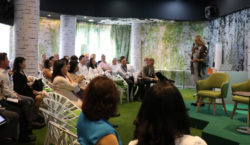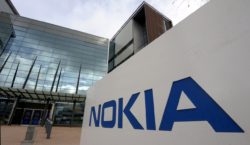The ‘Finnish HealthTech Event’ (part of ‘Meet Finland in Singapore’ Week) was among the opportunities to meet Finnish innovators during the Singapore Week of Innovation & TeCHnology 2018.
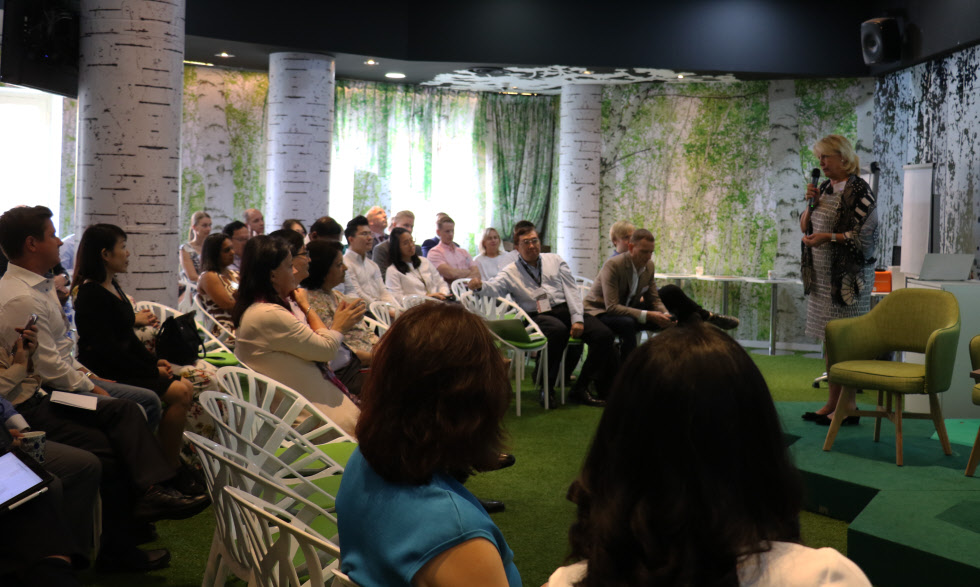
The largest delegation of healthcare companies (10+) from Finland to Singapore so far, including some of the most innovative brands and start-ups, shared their latest innovations there, that had also come to Southeast Asia’s regional hub in order to seek new strategic partnerships and customers.
In a dialogue session Dr Patrick Tan, Precision Medicine initiative, A*STAR / DukeNUS and Ms Meria Heikelä, National Personalized Health Program, Finland also participated.
“Big data and analytics have presented Singapore and Finland with many opportunities to deliver solutions for personalised healthcare,” Meria Heikelä commented following the session.
“In healthcare, there is increasing pressure to produce services more cost-efficiently and offer more patient-centric and tailored towards personalized care. We are therefore very pleased to work with Singapore to create solutions for personalized patient-centric care pathways that consider the special needs of patients.”
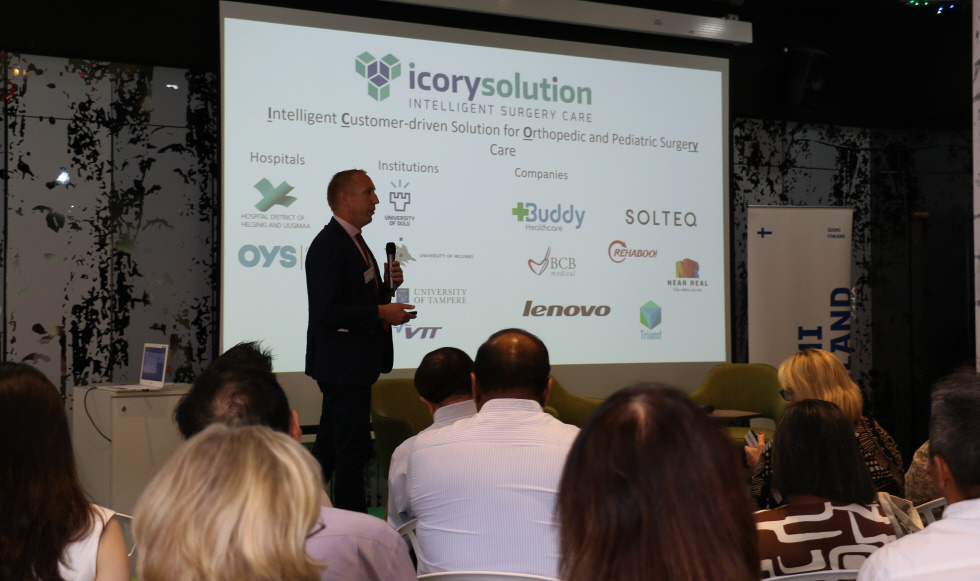
Personalized healthcare, digitalization, big data and Artificial Intelligence (AI) are some of the new trends popping up when discussing about future of health.
The Health Ministry in Singapore has estimated that 30,000 more healthcare workers would be needed by 2020 to meet the demands of an ageing population and the continued growth in medical services from medical tourism and other evolving healthcare needs. Smart tools and new technology will therefore be needed to tackle the challenges in healthcare.
Several Finnish enabling and ready-to-market technologies in health and wellness found ready demand in Singapore as the country seeks to adopt Smart Health solutions to deliver enhanced healthcare services more effectively and efficiently to the public.
ScandAsia talked to three Finnish companies eyeing, and creating, the new healthtech opportunities with their respective tech breakthroughs.
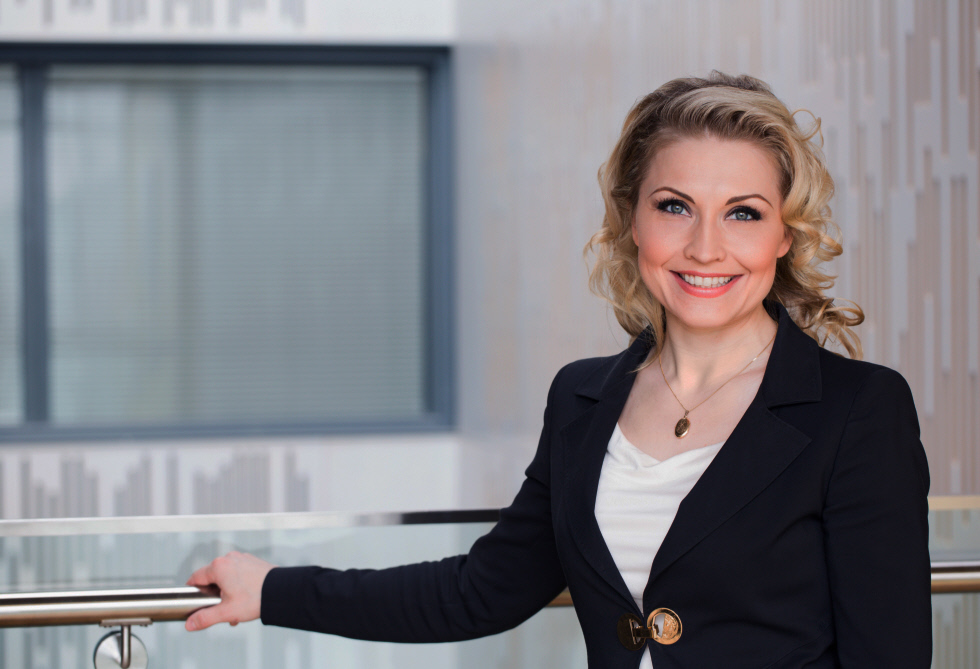
Virta wellbeing by Aava Medical
Do you know how to change your energy levels? Are you staying healthy or is the risk for illness increasing for yourself? A new innovative healthcare index from Finland can give each person the answer to such crucial questions.
Change happens when you take a look at your life from different angles and make use of life’s natural rhythm in everyday life. You don’t need to be at the top in everything – having energy for the things that matter to you is enough.
Virta, a wellbeing unit of the Finnish 60-year-old company Aava Medical Centre offers coaching services and group trainings to assist individuals to find that energy permanently.
Core to this is the ‘Virta 360’, which includes a personal Wellbeing Test to provide each person with a holistic picture of one’s wellbeing, from mental health to activity and exercise.
Aava Medical has developed the service architecture to match its own needs to provide holistic preventive care and wellbeing.
“We are not measured by the amount of doctor visits but we’re actually sustainably developing preventative care, which hopefully reduces the doctor visits, and focus investments on wellbeing and maintaining health,” says Aava’s Chief Strategy Officer Katarina Segerståhl.
“We are now focusing on Virta wellbeing business development, where we are developing these digital solutions that actually prevent people from getting sick and improve people’s lifestyles, so very much a different area of practice than our traditional healthcare practice.”
Their strong conventional business is to take care of the working population and private customers. Katarina says that being fully family-owned the business also have a very long perspective to developing solutions for preventative health and this long-standing strategy is key to success in the changing market situation.
“What’s also interesting about the index is that we are the first point of leveraging objective and diagnostic data also to show whether health behaviour are directing that person further away or closer towards metabolic risk factors, that indicates the risk of getting diabetes or other chronic illnesses. So this is a kind of concrete tool that we have developed in our own clinical practice and are also leveraging with corporations.”
“The test tells me which areas I should focus on in terms of health. We have a very holistic model, so also with social and psychological models, not only physical health and nutrition. There’s for example also financial well-being, environmental factors. These are very important; if you live in a much polluted environment vs. a different type. And we can identify those different areas and their impact on your overall health.”
“If we run the healthcare for example for a company we can also compare an individual’s profile with a unit’s profile, or the entire corporation’s profile.”
Aava is very much focused on developing digital platforms and solutions to support early diagnostics, early prevention, and leading health behaviours instead of just curing illnesses, so the solutions they presented in Singapore present are focusing on those. They met a couple of companies to see whether they could possibly co-develop these tools as part of their services.
The health insurance sector is also one of their targets.
“We are learning about the Singapore market and Asia, trying to identify partners for co-developing these services and testing how they could benefit the local market here,” says Katarina.
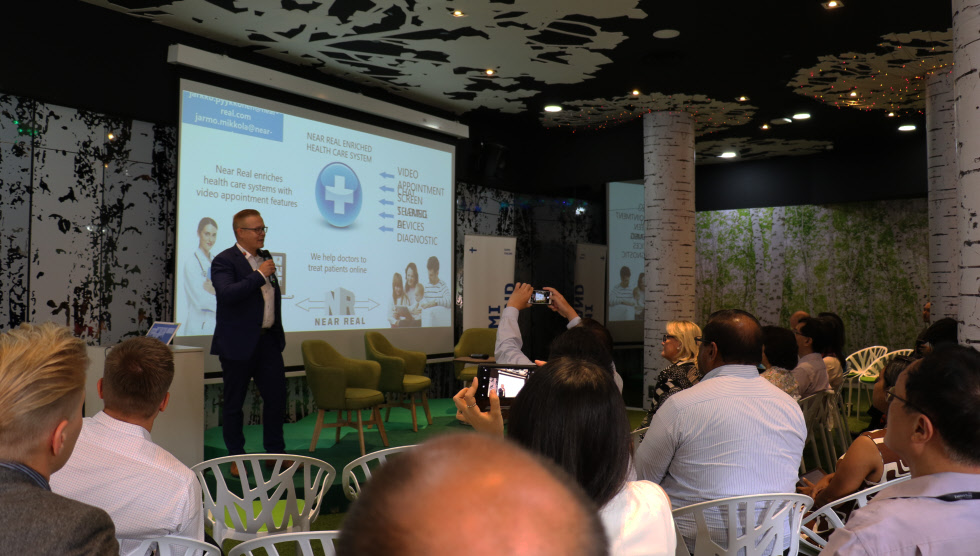
Near Real
Near Real enriches health care systems by secure video, audio and chat features enabling health care professionals to treat patients online, and charge customers.
“The main angle of the Near Real service is designed to enrich any existing healthcare system so we are not providing any new application for professionals but we are enriching the existing ones,” says Jarkko Pyykkönen, Founder and CEA at Near Real.
This approach is based on that doctors and nursing staff don’t want to have yet another application but prefer to use their preferred existing one.
The skilled Near Real team has developed an API (application programming interface), hiding all complexity of secure video, so that it becomes easy to create patient-specific appointments for whenever needed.
“The patient can save time and money and the doctor is available regardless where the patient is and of course also from the hospitals and doctors point of view it’s much more efficient so that you are not restricted in terms of the area you are operating but you can offer your services wherever the patient is.”
“Finland with its long distances is a good example where we have a huge pool of doctors in the capital of Helsinki but not in the north part of Finland. In Singapore, or other places where distances are small, you can still have some special areas that you don’t have available right now or you would need to be in traffic jam for hours to see the doctor. That’s the kind of main benefit we are offering.”
“We are looking at going to market in the Nordics and then we are trying to select the market from Asean and the US. Being a small start-up with limited resources Singapore seems like one of the most interesting places to go to and that is why we are here,” explains Jarkko.
“When you go to Singapore you need see it as part of the whole of Asia, but you need to start somewhere. And based on our studies, and guidelines we have got from Business Finland Singapore is one good place to go to as a start.”
In Singapore this new start-up met with government representatives well as well as several private sector players.
Near Real is also part of iCory project, a co-creation group of enterprises developing together the future hospital solutions in Finland, including using machine learning and robotics for personalisation. Funded by Business Finland iCory is backed by a consortium comprising Finnish health and wellness companies, universities and hospitals.
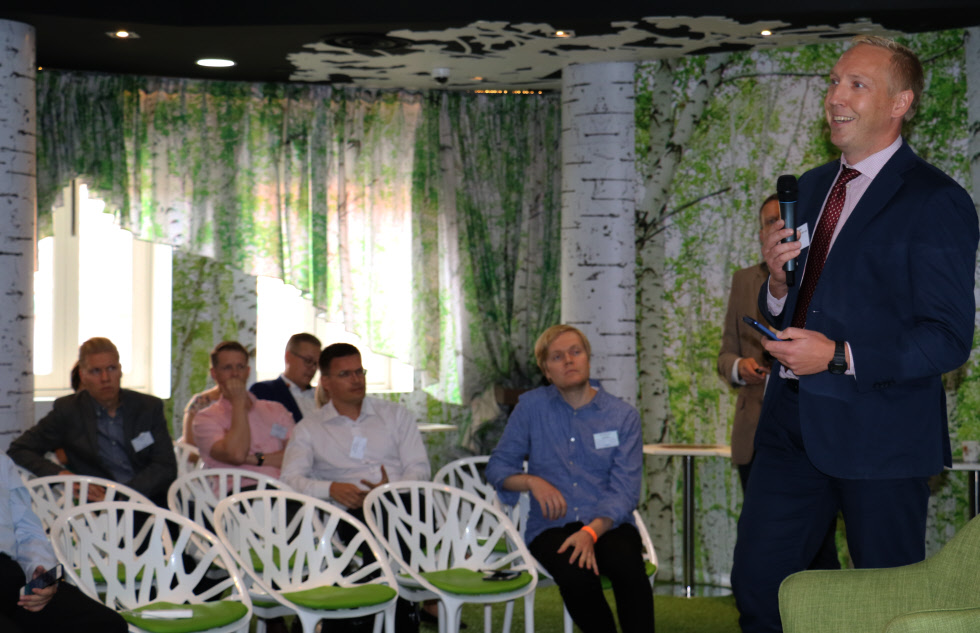
Buddy Healthcare
In the iCory ecosystem Buddy Healthcare, can also be found. Buddy Healthcare provides of a mobile care coordination and patient engagement platform that automates and monitors clinical pathways for surgery and procedure patients.
Represented this time by its Chief Sales Officer Markus Lind this Finnish start-up was in Singapore to meet with local health IT companies who had contacted them, to discuss collaboration.
“Also, they have very interesting products that we try to see if we could sell in Finland and Europe,” says Markus.
“At the moment we are active in Finland and in Central Europe, we are now building a company in Germany. From Singapore, we are looking for a partner to work with us; local presence and market knowledge is essential. Also, we are looking for innovative clinics/hospitals to start projects with us.”
“We try to find a company who can see that that our platform supports their portfolio or knows that some hospitals are requesting this kind of service and they can fulfil the need.”
“Our software is a care coordination and patient engagement platform for patients but also for hospitals. When a patient gets any indication to come to a hospital – be it pre-operative visit, pre-evaluation visit, surgery procedure etc. – the patient normally receives lots of phone calls and all information are handed in paper form. In our platform, patients have care-related information in an easy-to-use mobile application, instructions, questionnaires, reminders, what you need to do before the visit etc. And post care procedures, with all information how to heel your wound, recovery training programme QOL questionnaires etc. “
“Then, the hospital can on its dashboard see the steps the patient has taken or not and doctors can get attentions from missed tasks and/or changes in the care plan. They can re-remind the patient, modify the care plan and send messages through the platform in this kind of cases. Most of the patients follow their care planning, so our customers have seen significant amount of reduced phone calls and administrative work” Markus explains the solution.
“Hospitals also need to do a bit of changes in their processes, when using our care coordination platform. We can significantly reduce administrative work the nurses are doing at the moment by digitalizing all pre- and post-operative phases of care” he adds.
Its main differentiation is to not concentrate on any particular disease but offers to set up any care guidance.
“Most of the similar platforms concentrate on certain indications or certain diseases, while ours can be used in any indication; the platform is modular so we can deploy any kind of care paths to it.”
Buddy Healthcare has ongoing projects in 4 out of 5 university hospitals, and also in over 60 per cent of central hospitals. Then they also have two university hospitals in Germany and more are coming.

